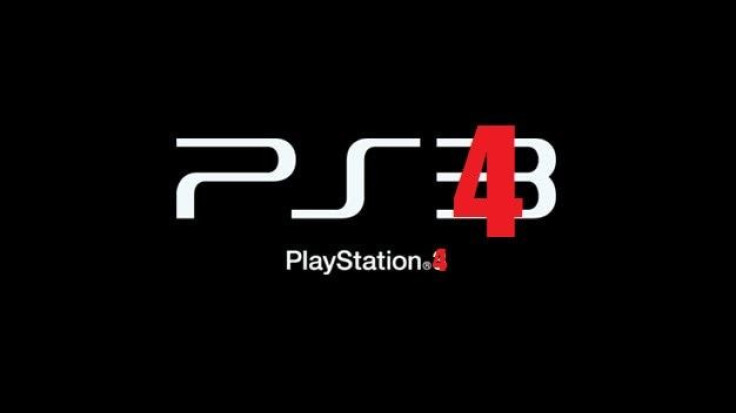Will PlayStation 4 Release Come With A Cheaper Price? 4 Things We Learned About The Next-Gen Console From Sony's Deal With Gaikai [SPECS]

Sony Computer Entertainment America has just announced that it will purchase the cloud-based gaming company Gaikai Inc. for $380 million, as multiple sources have reported.
This will allow the long-time electronics and gaming company to incorporate Gaikai's technology into its products, resulting in high-quality and speedy cloud streaming of games onto various devices.
By combining Gaikai's resources including its technological strength and engineering talent with SCE's extensive game platform knowledge and experience, SCE will provide users with unparalleled cloud entertainment experiences, Sony Computer Entertainment America's President and Group CEO Andrew House said in a statement.
Gaikai was founded in 2008, and no information has been revealed about how the service will play into the PlayStation Network and other applications. But, House says gamers will be able to enjoy a wide range of gameplay content, according to The Verge.
SCE will deliver a world-class cloud streaming service that allows users to instantly enjoy a broad array of content ranging from immersive core games with rich graphics to causal content anytime, anywhere on a variety of Internet-connected devices, House said in the written statement.
Sony's partnership with Gaikai could be a strong indication that cloud gaming will be a large part of its next-generation console, rumored to be called the PlayStation 4. The cloud system integration would mean that video games would be processed in a web-connected data center, not the user's television or computer. The visual result is then streamed to a user's PC via a broadband connection, and can be played in either 720p resolution or 1080p for a higher price.
As VentureBeat acknowledges, the company could apply this service to its next-generation console in a number of ways. Sony could use Gaikai to run older PlayStation 3 games on the upcoming PlayStation 4 without having to port the titles. This would give Sony more freedom to design the graphics and processor any way they wish without having to worry about converting previous titles to fit the next-generation. This could potentially drop the cost of the PlayStation 4 dramatically, which is important considering Sony nearly sold the PlayStation 3 for $600. The console could sell for less money if the titles do not have to be ported, giving Sony an edge in the console war.
The Gaikai technology could also be used to extend the PlaySation 4's hardware lifecycle. Sony could simply upgrade the hardware in the data center to ensure that its console keeps up with technological advances, rather than crafting an entirely new console. This is yet another element that can support those in the game industry that say the next generation of consoles will be the last.
In addition to distributing games easier and more efficiently, Gaikai can benefit Sony when it comes to competing for developers. The new technology could enable all different kinds of games to run on the current PS3, which is an attractive quality for developers.
However, some critics don't feel that the masses are ready for cloud gaming on a large scale, which could further support the console's holiday 2013 release date.
Cloud gaming may certainly be the wave of the future, but it is not yet ready for primetime, and probably won't see the support of the big three console manufacturers until the generation of consoles that will debut after this generation, said Ryan Fleming of Digital Trends. However, now that Sony has acquired Gaikai, it's looking like Fleming may be mistaken.
There just isn't any rush to go to cloud, he continued. People like owning the things they buy, and with a cloud purchase, you will always be limited by the Internet connection.
Fleming's standpoint on cloud gaming for the potential PS4 players varies from what it could mean for the console manufacturers, considering the web availability slashes limits for Sony in terms of designing the device's specs. But on the user end, it is unclear if the cloud system will benefit in the same way.
There is still a huge chunk of gaming that isn't online, he writes. Maybe that is because of personal preference, maybe it is a matter of location, or maybe it is financial. Cloud gaming will be off limits to them. It is a bad move for the developers, a bad move for manufacturers, and a bad move for America, by god.
© Copyright IBTimes 2024. All rights reserved.












